
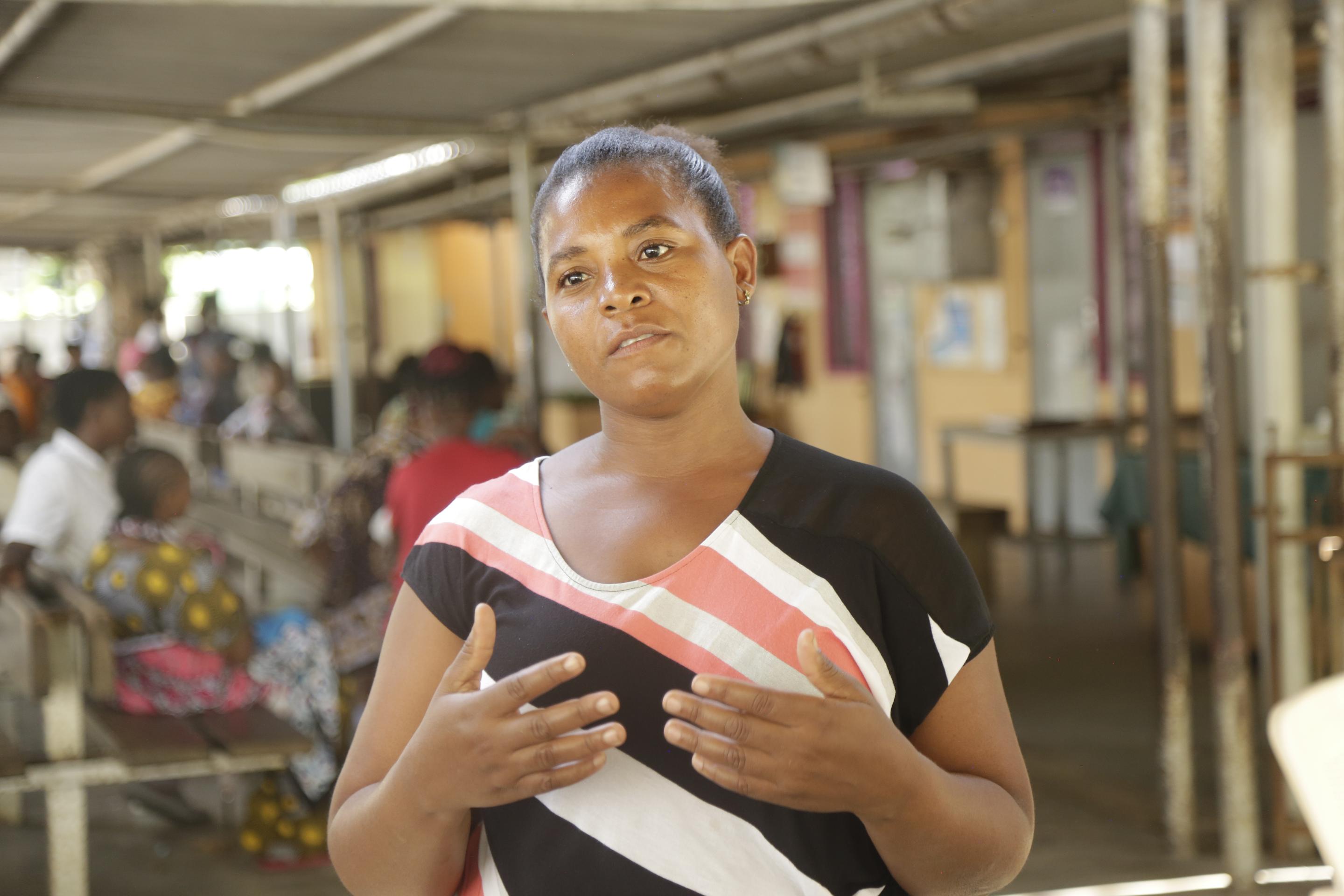
In many cultures, conversations around contraception and family planning remain shrouded in taboo, leaving women to be at the forefront in navigating these critical decisions and sometimes in silence.
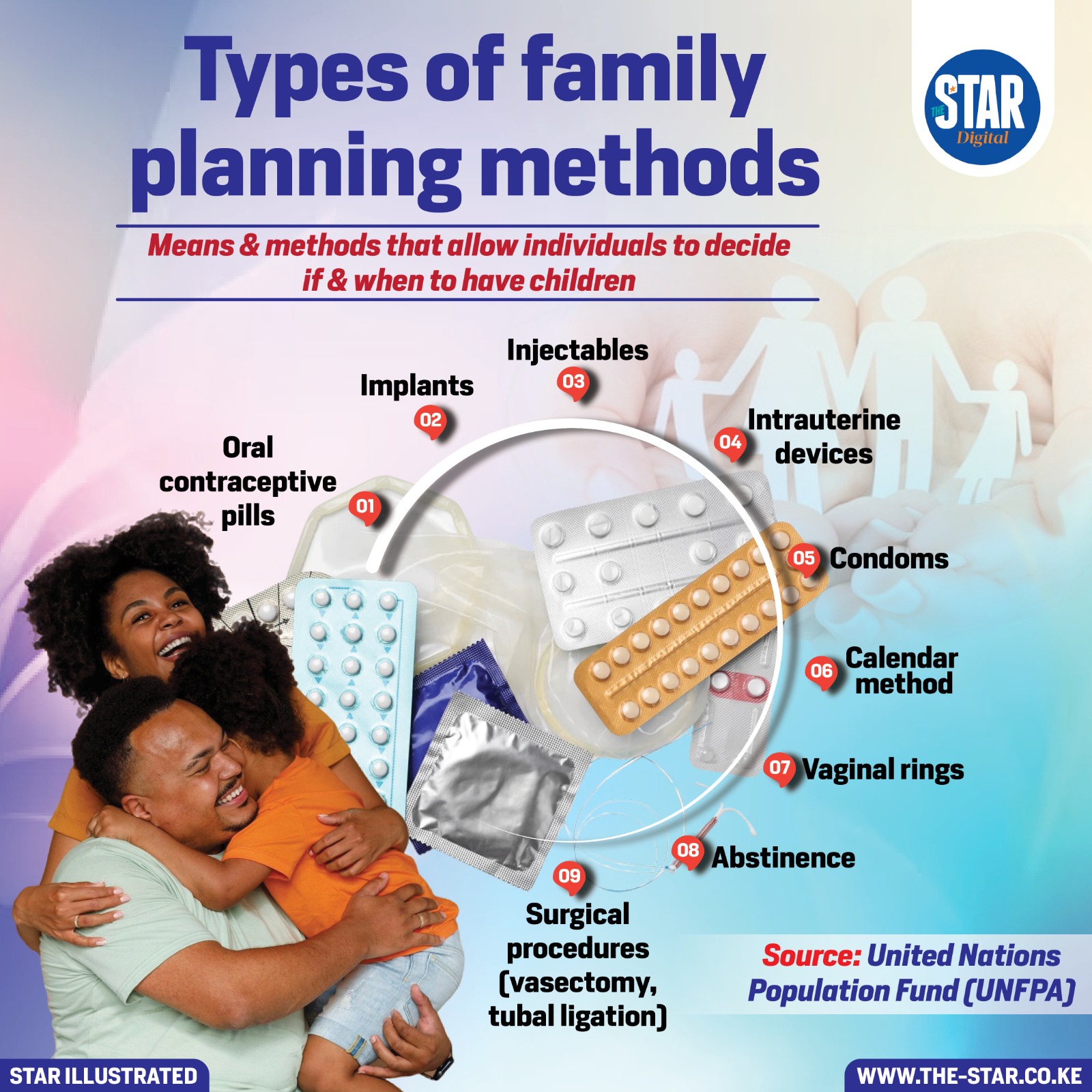
According to the World Health Organisation, approximately 85 million unplanned pregnancies occur worldwide each year, many of which are due to the lack of access to contraception or failure to use it correctly.
Unplanned pregnancy may lead to a wide range of health risks for the mother and child, such as malnutrition, illness, abuse and neglect, and even death.
From contraceptives methods to reproductive health education, it is no secret that women have been the main focus when it comes to family planning.
It cannot be denied that family planning is crucial for couples, as it allows them to fully understand and take control of their reproductive choices. However, it is often seen as solely the responsibility of women.
However, most men have been left out of family planning conversation entirely resulting in them being dubbed as the ‘missing pillar’.
By actively involving men in the family planning process, it not only helps them understand the importance of spacing out pregnancies and managing their family size but also promotes a sense of equality and partnership within the relationship.
But why is it that most men leave family planning solely to women?
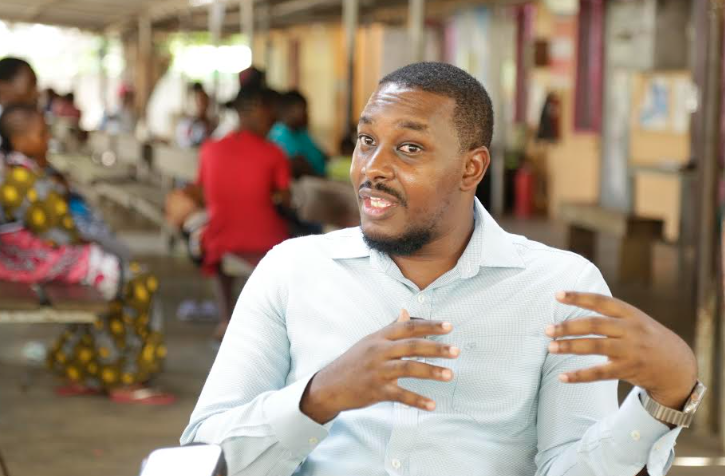
Kilifi County Referral Hospital Medical Superintendent Matano Kibwana says societal and cultural misconceptions are among the reasons hindering men from participating in family planning.
He says the misconceptions also prevent male partners from participating and helping out in the pregnancy journey.
“In matters of family planning, society, and cultural beliefs sometimes hinder the male partner not to understand what women go through. We are trying to sensitise them on that so that they will be more involved so that the decision to take family planning and the methods should be what the couple decides,” Kibwana says.
“Once the male partner is involved, it makes it easier for the woman to be able to choose the best method for her, this way; she will not hide and will be advised on the best family planning to take.”
Kibwana says that their duty as medical professionals is to convince men that as a male partner, it is important to be involved in family planning.
“As a father or a father figure, you need to think of the health of the child. A healthy child is the one that breastfeeds for at least two years minimum. It is difficult to breastfeed a child that long if the mother is having back-to-back pregnancies,” he says.
“Male partners need to be involved in their child's healthcare and consider the health of their partners,” he adds.
He notes that apart from family planning, the male partner should also be sensitised on the importance of participating in the birth process.
“We are trying to have more involvement of the male partner not only in the delivery process but right from the antenatal care. They need to understand what their partners are going through, the pregnancy process and in that they will be able to understand and be more engaged in matters knowing the happenings in the journey,” he says.
Kibwana adds that the first step to address the issue is by allowing the male partner to be in the delivery room during childbirth.
He notes that by them being in the delivery room, it informs them what the woman goes through and what the delivery is making them to be more involved.
“Most men don’t feel the urge to be involved in family planning because they feel that they are not the ones who get pregnant, so since they are not the ones who carry the baby, it is not their burden to carry.”
He adds that by openly discussing family planning, couples can communicate their needs and preferences which lead to a better understanding and respect for each other’s choices.
INTERVENTIONS
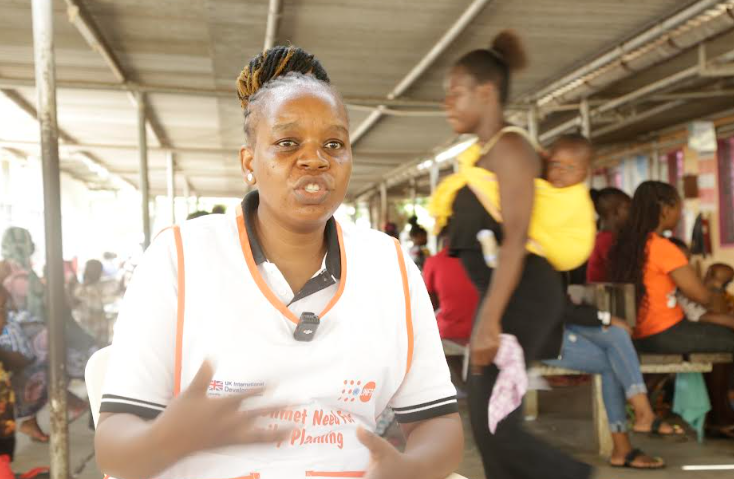
Reproductive health nurse at Kilifi County Referral Hospital Mary Mwakugu supports partners and couples seeking family planning services.
Mwakugu says that in a month, approximately 350 to 400 women seek family planning services at the hospital.
According to her, the referral hospital offers various family planning methods for men and women according to their desires and needs.
She says UNFPA has been instrumental in promoting gender equality in matters family planning with the needed commodities supplied through Kemsa.
Mwakugu adds that the hospital also offers permanent methods like vasectomy for men and tubal ligation for women.
She notes that vasectomy family planning in men has been surrounded by societal and cultural issues.
“Some men have spoken and questioned if their sexual performance will be affected if they have had vasectomy done on them. They have the fear of the unknown if they undergo the process. Some fear that they might lose their sexual urge,” she says.
Mwakugu adds that they encourage men that their ability to perform and sexual urges are not affected by the procedure.
She adds that women remain at the forefront in maternal and child health, especially family planning.
“Women have been at the forefront. They have been solely taking the children to the clinic, going for family planning, maybe because they are the ones who will carry the pregnancy and are the ones whose goals will be delayed because of the interruption that comes with pregnancy,” she says.
Mwakugu, however, says that there have been few couples and male partners who have been supportive of the choice of contraceptives to take up.
She adds that when the male partners are involved in family planning, the couple stays with it to maturity and becomes successful.
“It becomes easy as opposed to a back and forth where we have spoken to the woman, understood how it works and have gone home with a method without their partner’s knowledge. The information she gives is not full and some might force them to remove the family planning method,” Mwakugu adds.
“We still have a long way to go with the male partner's involvement in family planning but we are making efforts to sensitise them and encourage women to tag along their partners when they come to the clinic.”
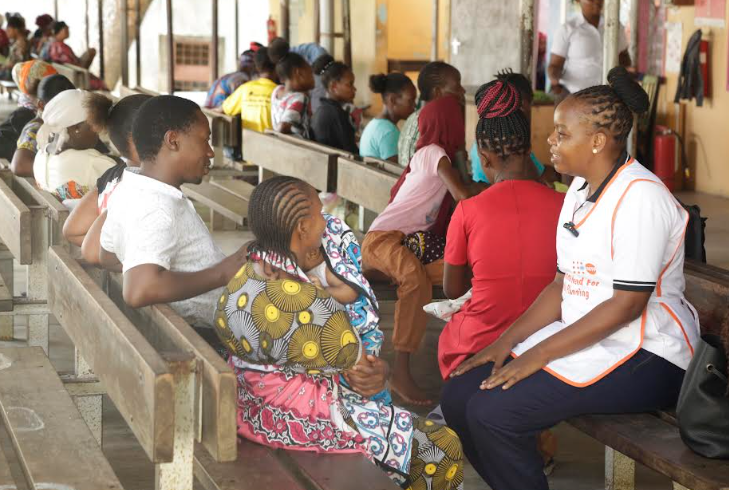
Mwakugu says that they have noticed a challenge in administering family planning when men do not have enough information or are not involved.
She adds that some women have been misinformed by the male partner to avoid family planning or use the wrong one.
“We are encouraging male involvement, we are not there yet because very few male partners accompany their women to clinics for family planning when they are coming to seek for services but we are implementing ways on how we can reach them,” Mwakugu says.
“Through integrated outreaches and in collaboration with inter-religious leaders to help in creating awareness on the importance of participating in family planning.”
Mwakugu says that family planning is a double-edged sword which helps couples to space children and better the health of the women.
She adds that involving men in family planning not only benefits the couple, but it also benefits their relationship and the overall well-being of their family.
According to UNFPA Kenya official website, access to safe, voluntary family planning is a human right crucial to achieving gender equality and women empowerment.
UNFPA says Kenya has made great strides in family planning, evident through increased uptake of contraceptives.
It adds that the percentage of married women using modern contraceptives has steadily increased over time, from 32 per cent in 2003 to 57 per cent in 2022.
Over the same period, the unmet need for family planning declined from 27 per cent to 14 per cent (KDHS 2022).
The country aims to achieve a 64 per cent Modern contraceptive prevalence rate (mCPR) by 2030.








